Dhaka, July 13 (V7N) – Today marks one year since the quota reform movement entered its 13th day, a pivotal moment in Bangladesh’s recent student-led activism. On July 13, 2024, as students intensified their demand for reforms to the government job quota system, the ruling Awami League began to exhibit a noticeably tougher stance against the movement.
On that day, the Dhaka Metropolitan Police (DMP) filed a case at Shahbagh Police Station accusing numerous unidentified protesters of violence and property damage. The complaint alleged that on July 11, demonstrators broke through police barricades in Shahbagh, assaulted police officers, and vandalized police vehicles including APC-25s and water cannons, resulting in damages worth approximately five lakh taka.
In a media briefing, then Detective Branch (DB) chief Harun Or Rashid warned that law enforcement may adopt a tougher approach toward the protestors if the situation escalated further. Meanwhile, Obaidul Quader, the ruling party’s General Secretary, reiterated the government's position, stating that "the quota system is a 100% logical approach" considering the country's socio-economic realities.
The Bangladesh Chhatra League (BCL), the student wing of the Awami League, also held a press conference criticizing the protesters and defending the existing quota structure.
In response, the Anti-Discrimination Student Movement, a key organizer of the reform protests, rejected the allegations as an attempt to divert public attention and criminalize the movement. Later that afternoon, the group announced a program to submit a memorandum to the President on July 14, 2024, as a peaceful continuation of their protest.
The events of that day marked a shift in tone between the government and the students, with tensions increasing in the weeks that followed. The quota reform movement would go on to become one of the most significant political flashpoints in Bangladesh in recent years, drawing attention from both national and international observers.
END/RH/AJ



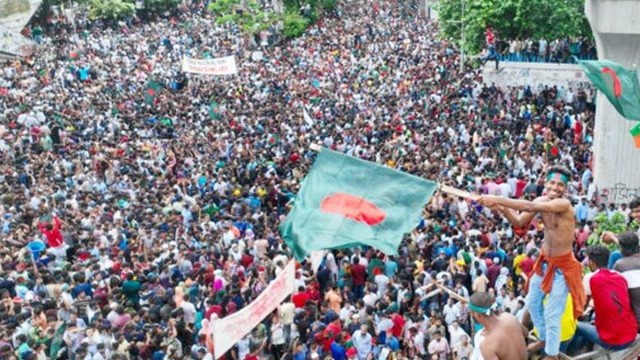
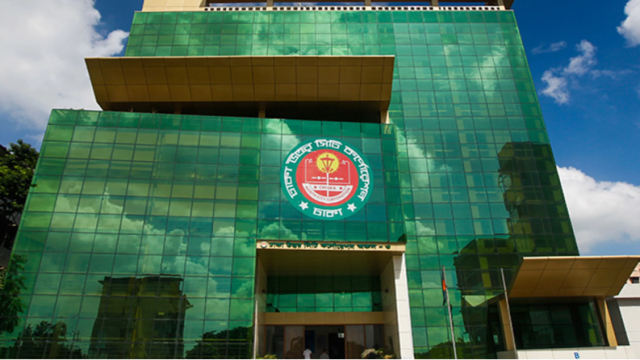
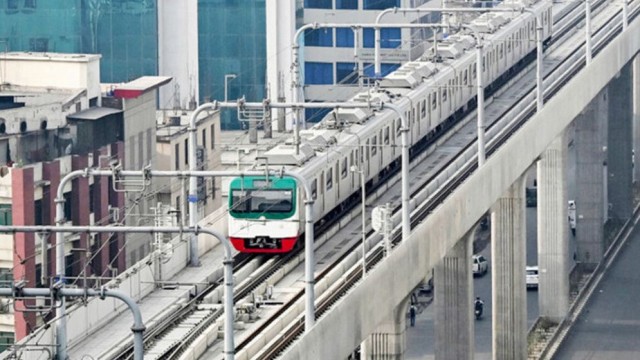

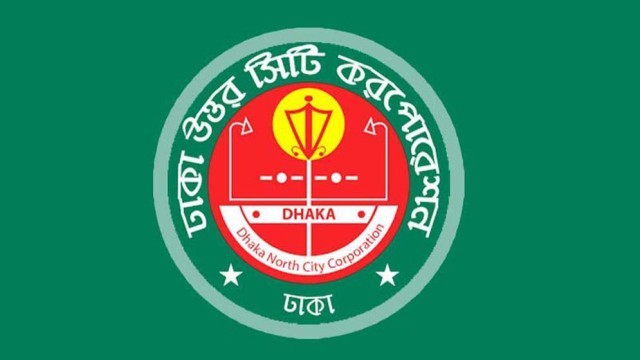
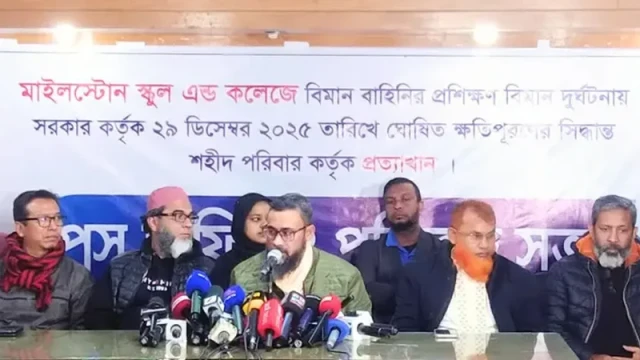






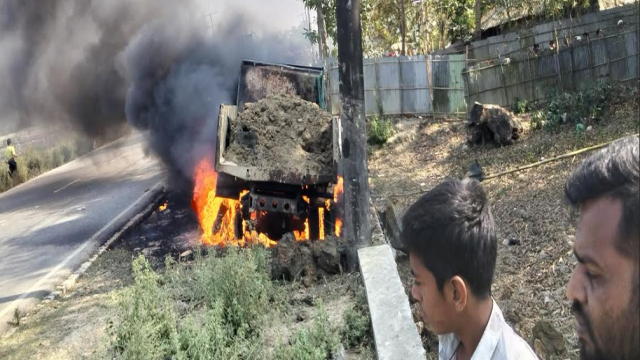
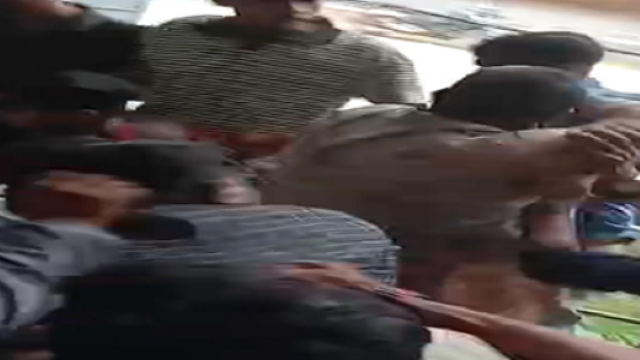







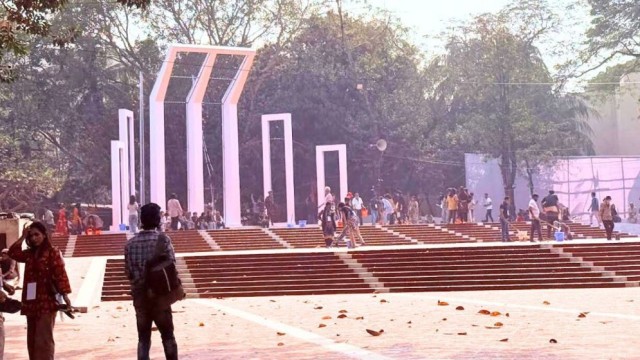

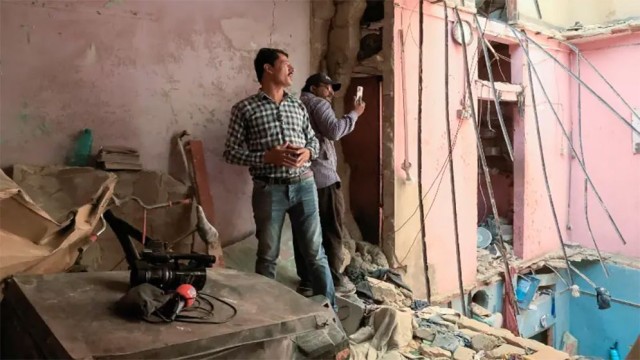


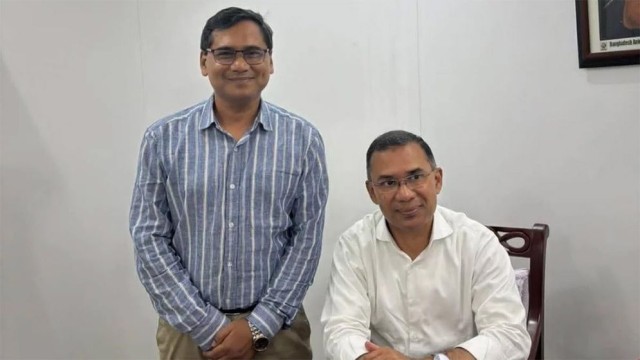
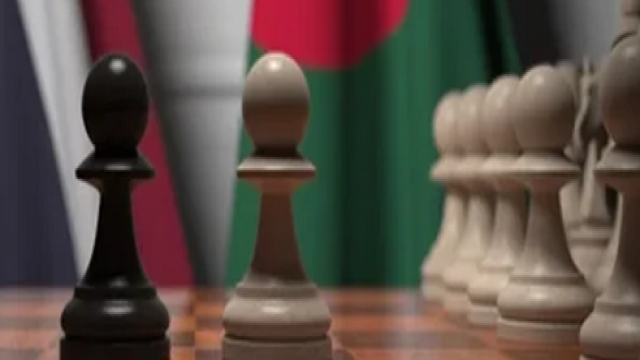
Comment: